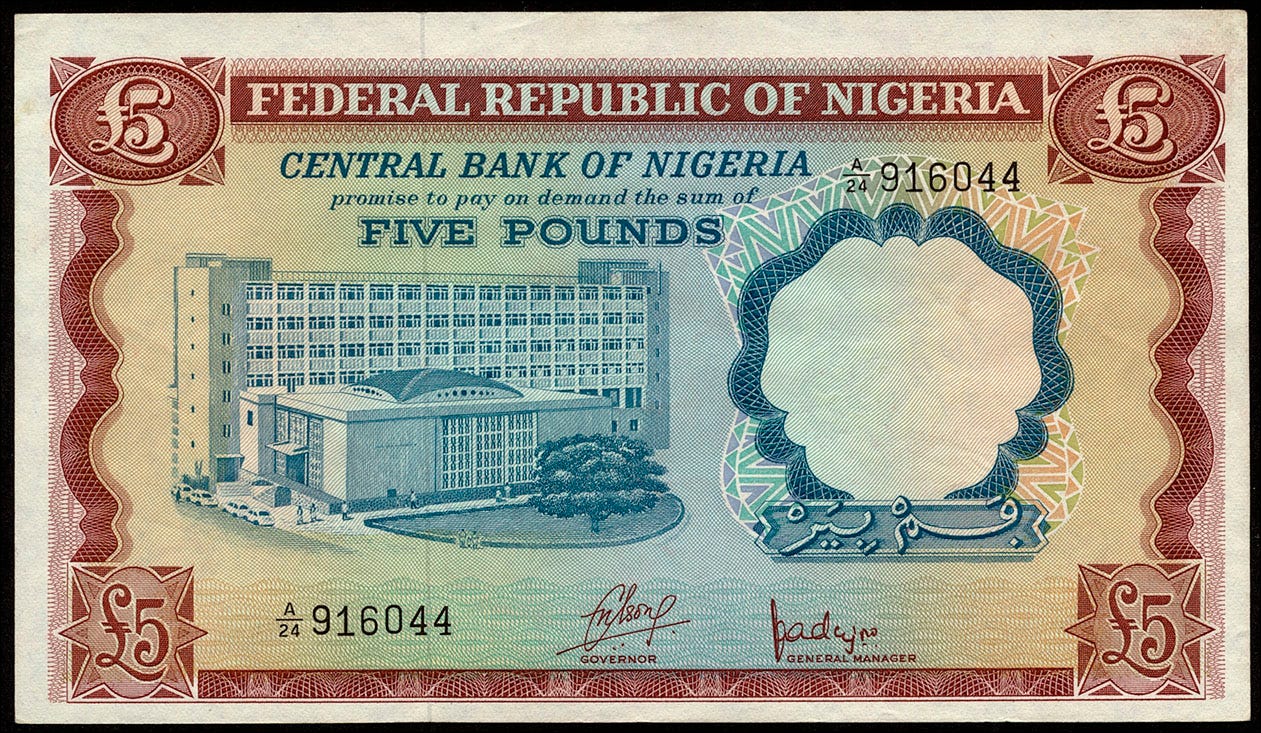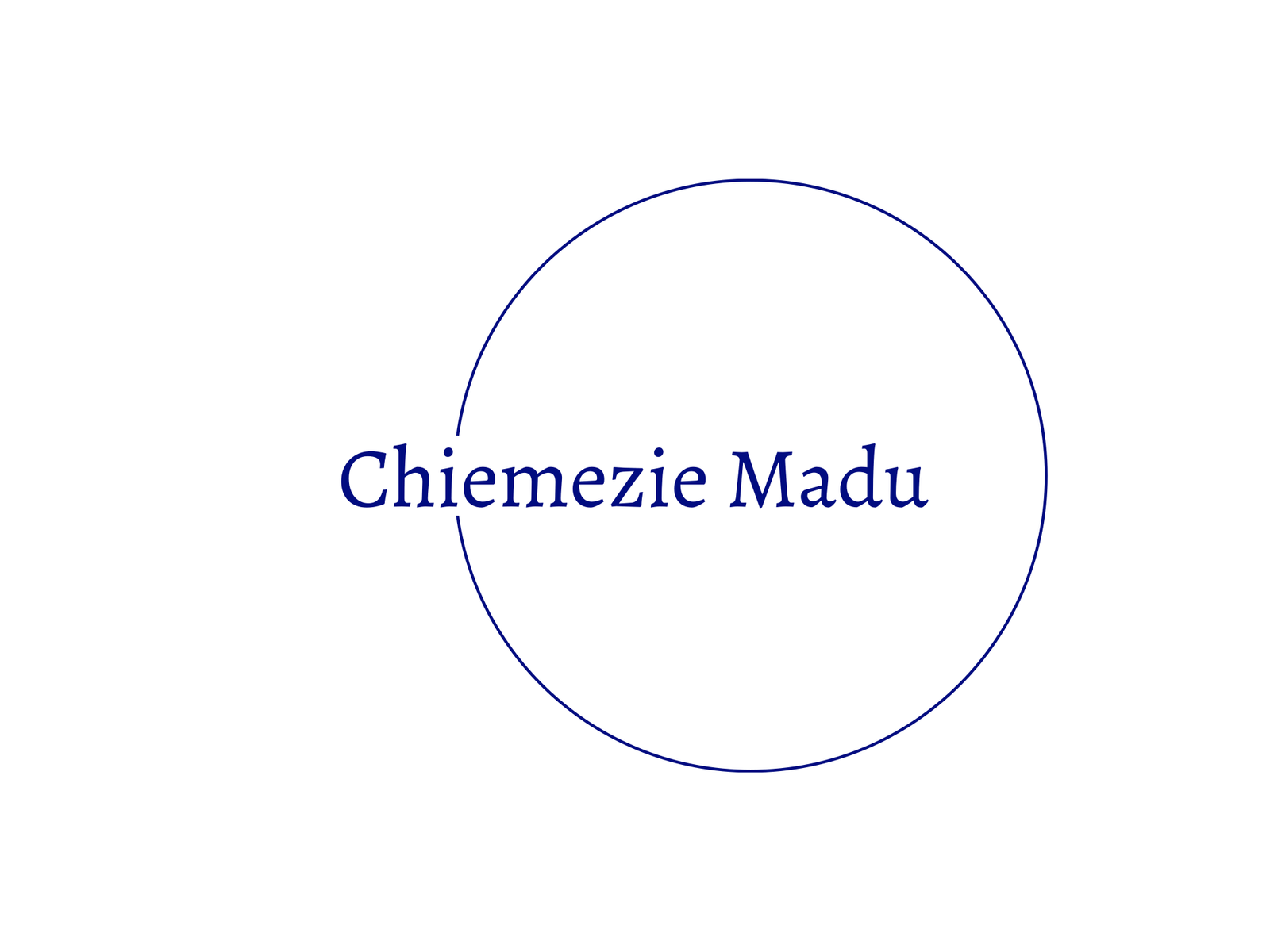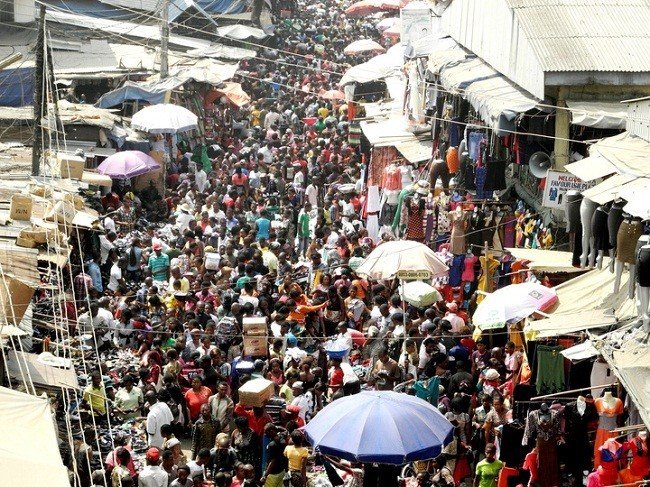At the end of the Nigerian civil war in 1970, a vicious policy ensured that all monies owned by the Igbos and lodged in Nigerian banks were forfeited and that the owners were given a flat sum of 20 pounds per person. That policy in effect abolished social stratification in Igbo land. There would no longer be a rich and a poor, a wealthy and an impoverished. Everyone went home with 20 Nigerian pounds.

Fast forward 50 years and social strata are well re-established in the region, even more distinct than before the policy was instituted. Interestingly, the same families (and their affiliates) that were wealthy pre-1970 are the billionaires today and those who were poor then are still poor now. It makes me wonder why some people are stinkingly rich while others are hopelessly poor . What factors determine the uneven distribution of wealth and why do sharp economic inequalities exist within a society?
The answer is not far fetched. Wealth and poverty (and whatever lies in between them) exist first in the mind, before the pocket. Poverty is not simply a state of lacking money, but lacking the mindset to manage money. If you give a very poor person a lot of money today, say 5 million Naira, come back next year, he’ll still be poor. I’ve seen it happen first hand.

At a family gathering earlier this year, opinions were sampled on how to help a relation who was extremely poor. The conclusion was that whatever petty business was started for him, he will still remain poor. For people like that, their best option is to find them into a salaried job that guarantees a regular income and hope they make it to the middle class at least. They can never be rich, no matter what. Not because the money is not available, but because they wouldn’t know what to do with the money if given.
Dangote once said that it is easier to squander money than to earn it. Hence the reason he never ‘abuses’ money. He said as a personal principle, he treats money with immense respect. In the 1970s, the world’s richest man, J. Paul Getty, refused to name his upcoming book, ‘How to Get Rich’. He opted for ‘How to Stay Rich’, because according to him, any Tom, Dick and Harry can ‘get’ rich (anyone can win a lottery). The problem is in staying rich. He was correct.
And this applies not just to ‘poor’ people but the middle-class group also. I use myself as an example. If you give me 100 million Naira today, I’ll probably return 150 million Naira to you in 5 years time. I might have fixed some of it in the bank to yield some interest, then maybe bought shares or stocks with the rest. Best case scenario, I might invest it in real estate. Give that same amount to someone else and he’ll return 500 million Naira in 5 years time. Give it to another person, he will be indebted by double that amount in 5 years time.
People handle wealth and opportunities differently. People are poor not because they did not have the same opportunities rich people had, but because when presented with those opportunities, they failed to recognize it. What they termed as risks, rich people termed as potentials. I had a classmate who while we were studying relentlessly day and night to pass through medical school, was busy opening printing and photocopying centers around campus. He made a lot of money from selling photocopies of our medical notes to the rest of his classmates (no one could be bothered to hand-copy those voluminous notes). By final year, he had opened a restaurant around our hostel.

My point is that wealth creation is a mindset groomed by nature (gene) and nuture (environment). If your Dad is a medical doctor and your Mum a university professor, chances are that you and your siblings will be high fliers in white collar jobs. But if your Dad is an Ariaria businessman and your Mum is an Onitsha main market business woman, then expect your siblings and yourself to be well established in Alaba, Balogun and Bodija.

